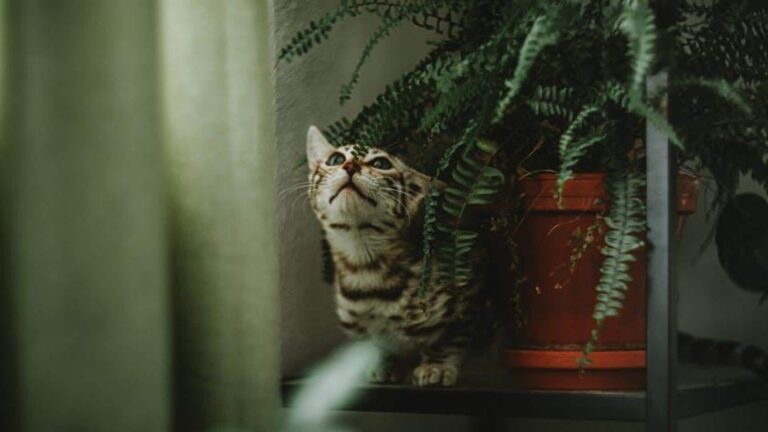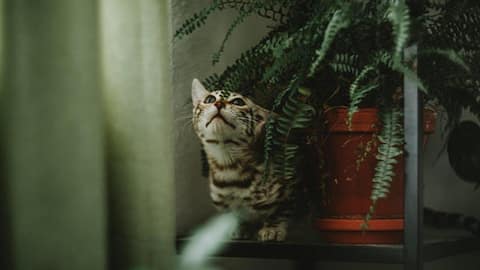What's the story?
With the arrival of spring, expectations for the flowers blooming in forests, fields, and gardens increase. But within that beauty lies a potential danger to your pet.
Before introducing new plants to your home or garden, understand which plants can be harmful to our furry friends.
Minnie B. Miller, an avid pet lover and aquarist, warns about common flowers that can be harmful to pets.
Peace Lily – Calcium Oxalate
Keep these easy-care plants away from pets as they contain calcium oxalate crystals.
Ingestion of peace lily or its pollen can cause excessive drooling, vomiting, difficulty swallowing, and canker sores in cats and dogs.
Miller also warns against keeping these plants near aquariums. If fish ingest these crystals, they can cause stomach problems, respiratory problems, and inflammation.
Hyacinth – alkaloid
Hyacinths, which belong to the lily family, pose a threat to pets, especially because their bulbs contain alkaloids.
Ingestion of these plants can cause severe vomiting, shivering, bloody diarrhea, and increased heart rate in dogs and cats.
These symptoms can lead to rapid breathing and other respiratory complications. It is essential to keep hyacinths out of reach to prevent harm to pets.
Tulip – Tulapin
Tulip bulbs contain a toxin known as tuliparin. These substances are part of the plant's defense mechanism against herbivores.
When pets, especially cats and dogs, ingest these toxins, they can cause a variety of adverse effects, including gastrointestinal inflammation, neurological symptoms such as seizures, and heart abnormalities.
Therefore, it's important to prevent pets from eating tulips, and precautions should be taken, Miller suggests.
Chrysanthemum – pyrethrin
Chrysanthemums contain pyrethrins, which are natural insecticides found in plants and are harmful to pets. Ingestion can cause stomach problems, loss of appetite, and excessive drooling.
Ingesting large amounts of pyrethrins can cause depression and coordination problems in dogs and cats.
It is important to be careful if you have chrysanthemums around your pet and keep them out of reach to prevent accidental ingestion and potential health complications.
Daffodils – alcoholoids
Daffodils contain toxic alkaloids, such as lycorine, which pose a danger to pets if ingested.
The bulbs, stems, and leaves contain these compounds, and the bulbs are especially dangerous because they resemble onions and attract curious pets.
Ingestion can cause vomiting, low blood pressure, convulsions, and heart problems. To protect pets, owners must keep daffodils out of reach.
research plant
Kalanchoe can cause stomach upset and irregular heart rhythms in pets, and ingesting amaryllis can cause abdominal pain, shaking, vomiting, and diarrhea.
Sweet pea can cause weakness and lethargy, which can lead to seizures and death.
Before planting or receiving plants as gifts, including nuts, leaves, berries, seeds, and sap, Miller emphasizes that it is essential to thoroughly research the plant to prevent harm to your pet. .



